Invited Tutors and Speakers
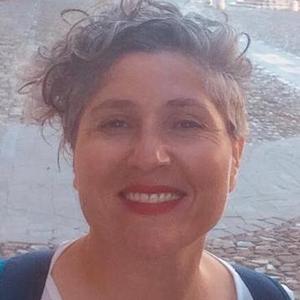
Claudia d’Amato is associate professor at the University of Bari – Computer Science Department and
she got the Italian Habilitation for the functions of Full Professor for the Scientific Sector
“09/H1 – Information Processing Systems ” on April 14th, 2021 and for the Scientific Sector “01/B1
– Informatics” on April 29th, 2021. She obtained her PhD in 2007 from the University of Bari,
Italy, defending the thesis titled “Similarity Based Learning Methods for th Semantic Web. She
pioneered the research on Machine Learning methods for ontology mining and Knowledge Graphs that
still represents her main research interest. She is member of the editorial board of the Semantic
Web Journal and the Journal of Web Semantics. She served/is serving as General Chair for ISWC
2022, Program Chair for ISWC 2017, ESWC 2014, Vice-Chair for ISWC 2009, Journal Track chair for
TheWebConf 2018 (previously WWW), Tutorial Chair for ECAI 2020, Machine Learning Track Chair for
ESWC’12-’13-’16-’17 and PhD Symposium chair at ESWC’15-’21. She served/is serving as a program
committee member of a number of international conferences in the area of Artificial Intelligence,
Machine Learning and Semantic Web such as AAAI, IJCAI, ECAI, ECML, ISWC, TheWebConf, ESWC.
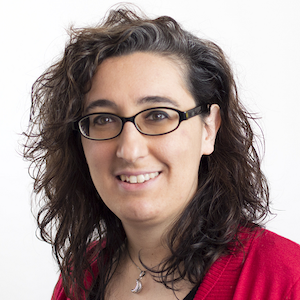
Irene Celino is the Head of the Knowledge Technologies group at Cefriel. Her research activities
cover two main trends: Human Computation (AI user acceptance, human-in-the-loop machine learning,
user engagement for data management via citizen science and crowdsourcing) and Semantic Web (data
fabric and data spaces, data harmonization and semantic interoperability), with focus on the
application of such technologies to the development of web applications, especially in Smart City
and Communities scenarios. She has 15+ years of experience in cooperative research projects, both
at National/Regional level and at European level within FP6, FP7, H2020 and EIT (Digital,
manufacturing, Urban Mobility). She is author of 100+ peer-reviewed scientific publications. With
her team, she won the Semantic Web Challenge in 2011 and 2015, the AI Mashup Challenge in 2011 and
the Big Data Challenge in 2014.
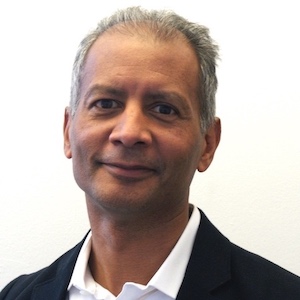
John Domingue holds a position of Professor of Computer Science, at the Knowledge Media Institute (KMi) and serves as the President of STI International, an organization specializing in semantics and responsible for the ESWC conference series. With a prolific career including serving as KMi Director from 2015 to 2022, Prof. Domingue has contributed over 280 refereed articles in fields such as semantics, AI, the Web, distributed ledgers, and eLearning.
From 2017 to 2021, he led the first of five themes on University Learners for the £40M Institute of Coding, an initiative aimed at increasing the number and diversity of computing graduates in the UK while strengthening the connection between university teaching and corporate training. Between 2022 and 2023, Prof. Domingue spearheaded a project to develop a smart national educational content platform that incorporated cutting-edge AI techniques to support further education educators. Since the beginning of 2023, he has been at the forefront of examining the impact of Generative AI on higher education including a UKRI funded project (SAGE-RAI) with the Open Data Institute.
Prof. Domingue has delivered numerous talks on his work, including appearances at the Royal Institution in 2018, TEDx, and featured in THE Campus on interdisciplinary research teams. In 2019, he was inducted as a Fellow of the British Blockchain Association, and in 2020, he became an Honorary Professor at Amity University.

Sebastian obtained a PhD in Mathematics from TU Dresden in 2006, before joining Rudi Studer’s
Knowledge Management Group in Karlsruhe, where he received his habilitation in Computer Science in
2011. Since 2013, he is a full professor for computational logic at TU Dresden. His main research
interests comprise Artificial Intelligence (especially Knowledge Representation and Reasoning),
Database Theory, NLP and others. Research stays have lead Sebastian to places as diverse as
Oxford, Montpellier, Rennes, Santiago de Chile and Vienna. Sebastian co-authored several textbooks
on Semantic Web technologies. He recently received an ERC Consolidator Grant to support his
research on the decidability boundaries of logic-based Knowledge Representation.
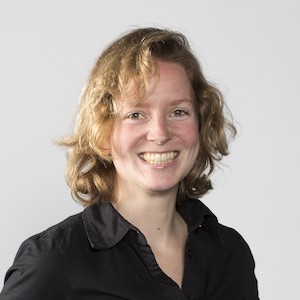
Marieke van Erp leads the Digital Humanities Lab at the KNAW Humanities Cluster in Amsterdam, the
Netherlands. She holds a PhD in computational linguistics from Tilburg University where she
applied digital humanities methods on historic textual sources from the Naturalis Biodiversity
Center. Her research focuses on semantic analysis of text to extract entities and events. She
worked in the Semantic Web group and Computational Lexicology and Terminology Lab at Vrije
Universiteit Amsterdam on bringing together the fields of natural language processing and semantic
web.

Aldo Gangemi is full professor at University of Bologna, and associate researcher at Italian
National Research Council, Rome. He has co-founded the Semantic Technology Lab at ISTC-CNR. His
research focuses on Semantic Technologies as an integration of methods from Knowledge Engineering,
the Semantic Web, Linked Data, Cognitive Science, and Natural Language Processing. His theoretical
interests concentrate upon the representation and discovery of knowledge patterns from data,
ontology, natural language, and cognition, across multiple application domains. He has published
more than 200 papers in international peer-reviewed journals, conferences and books, and seats as
EB member of Semantic Web, Applied Ontology, and Web Semantics journals.
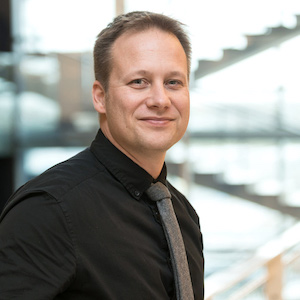
Paul Groth is Professor of Algorithmic Data Science at the University of Amsterdam where he leads
the Intelligent Data Engineering Lab (INDElab). He holds a Ph.D. in Computer Science from the
University of Southampton (2007) and has done research at the University of Southern California,
the Vrije Universiteit Amsterdam and Elsevier Labs. His research focuses on intelligent systems
for dealing with large amounts of diverse contextualized knowledge with a particular focus on web
and science applications. This includes research in data provenance, data integration and
knowledge sharing. Previously, Paul led the design of a number of large scale data integration and
knowledge graph construction efforts in the biomedical domain. Paul was co-chair of the W3C
Provenance Working Group that created a standard for provenance interchange. He has also
contributed to the emergence of community initiatives to build a better scholarly ecosystem
including altmetrics and the FAIR data principles. Paul is co-author of “Provenance: an
Introduction to PROV” and “The Semantic Web Primer: 3rd Edition” as well as numerous academic
articles.

Sabrina is an assistant professor at the Vienna University of Economics and Business Institute for Information Systems and New Media. She is also a member of the Research Institute for Cryptoeconomics and the Sustainable Computing Lab.
Her research interests include the security, privacy, and policy aspects of the Next Generation Internet (NGI), distributed and decentralized systems, big data, and data science. Specifically, she focuses on policy representation and reasoning, including access constraints, usage policies, regulatory obligations, societal norms, business processes, transparency, and trust techniques.

Jan-Christoph Kalo obtained a Ph.D. from TU Braunschweig, Germany. Between 2021 and 2023 he was a postdoctoral researcher in the Learning and Reasoning Group at the Vrije Universiteit Amsterdam. Since 2023 he is an Assistant Professor at the University of Amsterdam. His research focuses on knowledge graphs, data integration, and querying. His main research focus is the combination of large language models and knowledge graphs. He is co-organizer of the LM-KBC challenge and KBC-LM workshop at International Semantic Web Conference (ISWC).

Valentina Presutti coordinates STLAB at CNR in Rome. She received her Ph.D in Computer Science (2006) at University of Bologna (Italy). She has coordinated, and worked as researcher in, many national and European projects. She co-directs ISWS. She is editorial board member of Journal of Web Semantics, Journal of the Association for Information Science and Technology, Data Intelligence Journal, Intelligenza Artificiale. She has been involved in the organisation of ISWC and ESWC and she is senior PC for IJCAI. She is one of the creators of the ontologydesignpatterns.org initiative and of the workshop series on Ontology Design and Patterns (WOP). She has 100+ international publications semantic web, knowledge extraction, and ontology design. She teaches Social Robotics and Programming as adjunct professor at University of Bologna. Her research interests stand at the crossing between semantic web and artificial intelligence and include knowledge graphs, empirical analysis of the semantic web, social robotics.
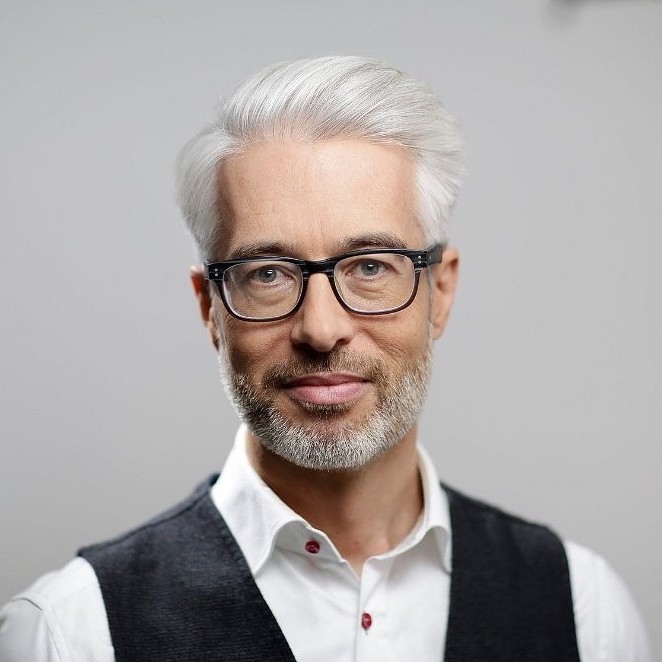
Harald Sack is Full Professor of Information Service Engineering at FIZ Karlsruhe, Leibniz Institute for Information Infrastructure and Karlsruhe Institute of Technology (KIT), Institute of Applied Informatics and Formal Description Methods (AIFB). His research interests are semantic technologies, knowledge graphs, deep learning, and knowledge mining. After obtaining a PhD in computer science at the University of Trier, Germany, and his postdoc research at Friedrich-Schiller-University in Jena, Germany, he built up the “Semantic Technologies and Multimedia Retrieval” department at Hasso Plattner Institute for IT Systems Engineering in Potsdam, Germany. In 2016, he was appointed as professor at FIZ Karlsruhe and the Institute AIFB/KIT.
Assistant Tutors
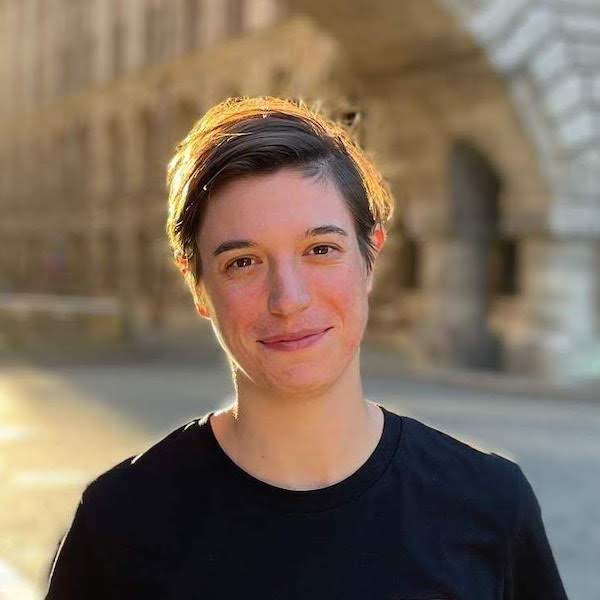
Tabea is a researcher in the Information Service Engineering group at FIZ Karlsruhe and the Karlsruhe Institute of Technology (KIT) since 2017. From 2015 to 2017, she was part of the 'Semantic Technologies and Multimedia Retrieval' research group at Hasso Plattner Institute in Potsdam. Her research interests include knowledge graphs and ontologies for cultural heritage data, particularly in the performing arts domain, as well as Digital Humanities and research data management. Tabea is actively involved in NFDI4Culture, a consortium dedicated to tangible and intangible cultural heritage research data.

Stefano De Giorgis earned his PhD in Knowledge Representation and Digital Humanities at University of Bologna, currently he is a post-doc at the Institute for Cognitive Sciences and Technologies, Italian National Research Council (ISTC-CNR). His research fields concern Knowledge Representation with a particular focus on Cognitive Semantics, Frame Semantics, and grounded world models for neuro-symbolic AI. He is also interested in Semantic Technologies, Digital Humanities, and Cognitive Robotics.

Andrea Poltronieri is a Ph.D. student in Computer Science and Engineering at the University of Bologna (Italy). His research interests include Music Information Retrieval and Computational Musicology, as well as Semantic Web technologies and Deep Learning. Andrea is currently a contributor to the Polifonia Project (H2020), which aims to recreate the connections between music, people, places and events of the European musical heritage.
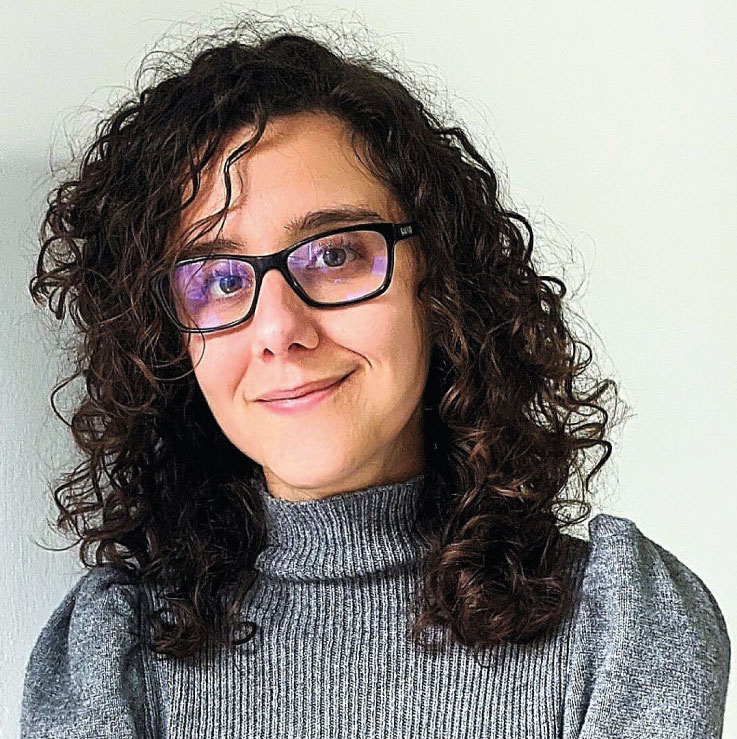
Arianna attained a MA in Linguistics at the University of Bologna, where she developed a strong interest in the intersection between language and technology. After her degree, she started a career in Computational Linguistics. She worked as a Solutions Consultant at a leading NLP company. In this role, she coordinated the successful delivery of AI solutions for the automation of language-intensive processes. She is a PhD student at the University of Bologna, enrolled in the Computer Science and Engineering program and involved in Polifonia H2020 Project. Her project, at the crossroads of Natural Language Understanding and Semantic Web, focuses on knowledge extraction from multilingual and historical documents.
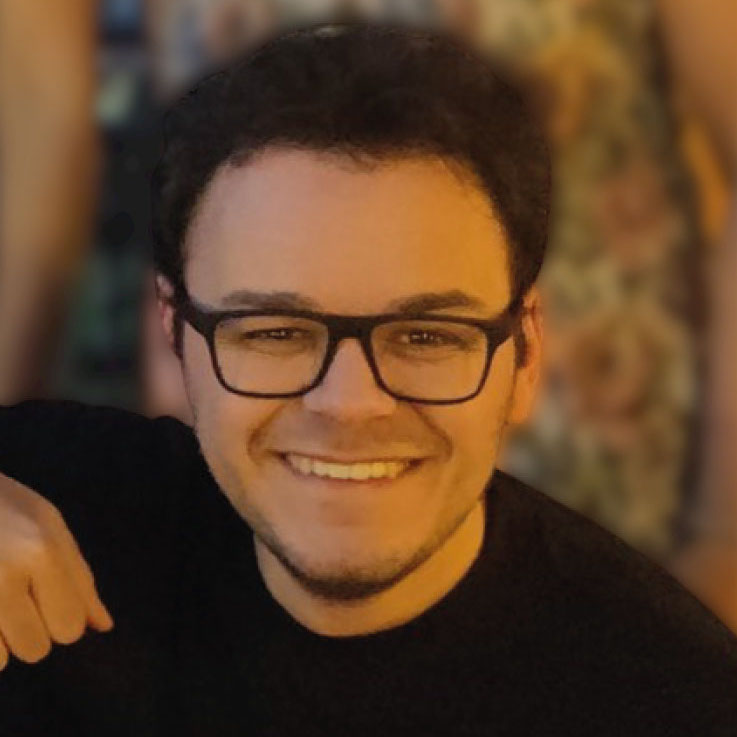
Nicolas is a national PhD student in Artificial Intelligence at the University of Pisa and the University of Bologna. His PhD project focuses on the design and adaptation of generative models to support the creative process of artists. His research interests include Ontology Design, Knowledge Representation, Computational Creativity, Computational Musicology and Neurosymbolic methods.
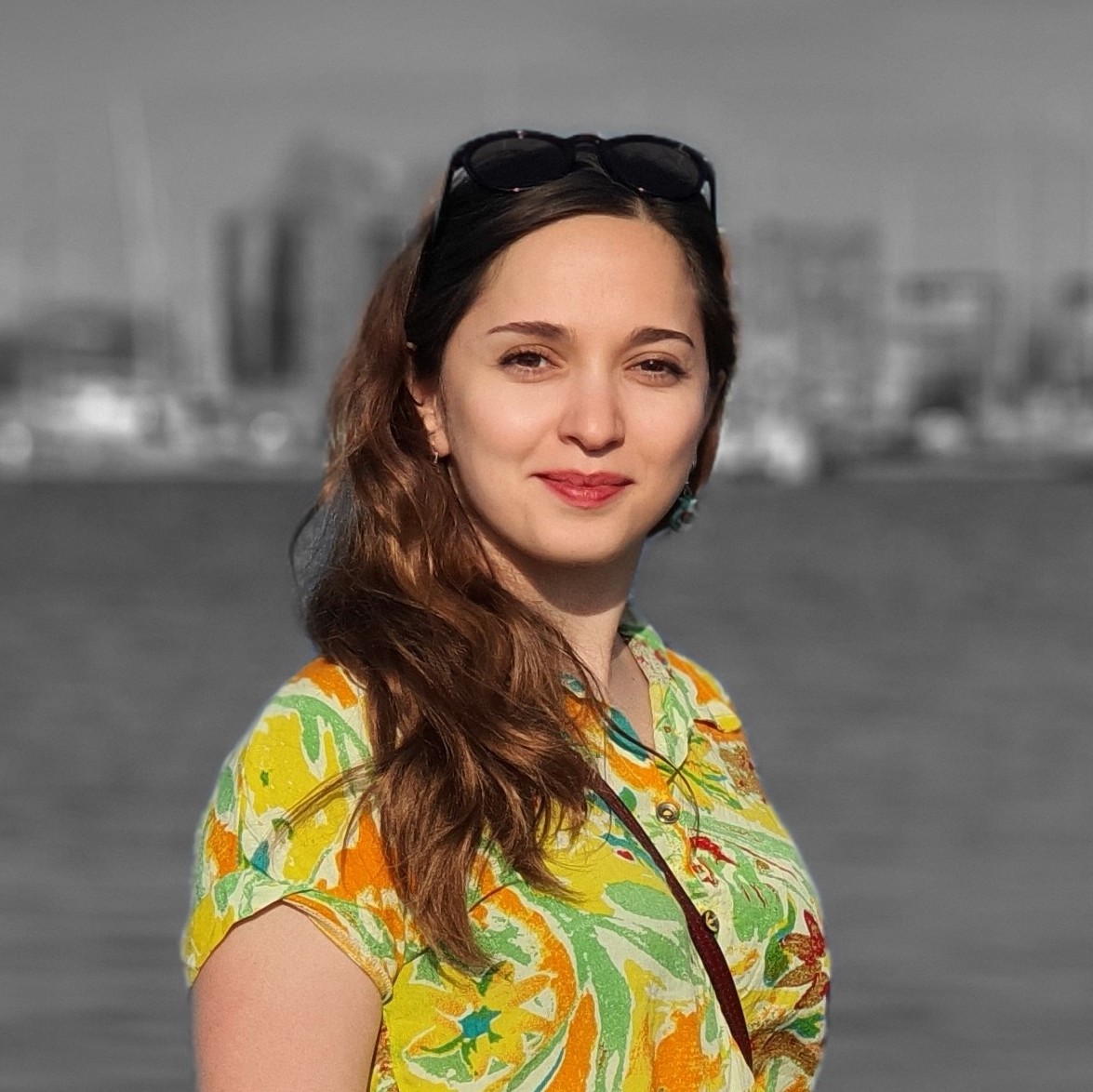
Mahsa Vafaie is a PhD student in the Information Service Engineering group at FIZ Karlsruhe and the Karlsruhe Institute of Technology (KIT). Her research interests
include Ontology Design, Information Extraction and Knowledge Graph Generation for archival document. She is currently involved in a digitalisation project which aims
at creating an information system based on archival compensation records after Wolrd War II in Germany.